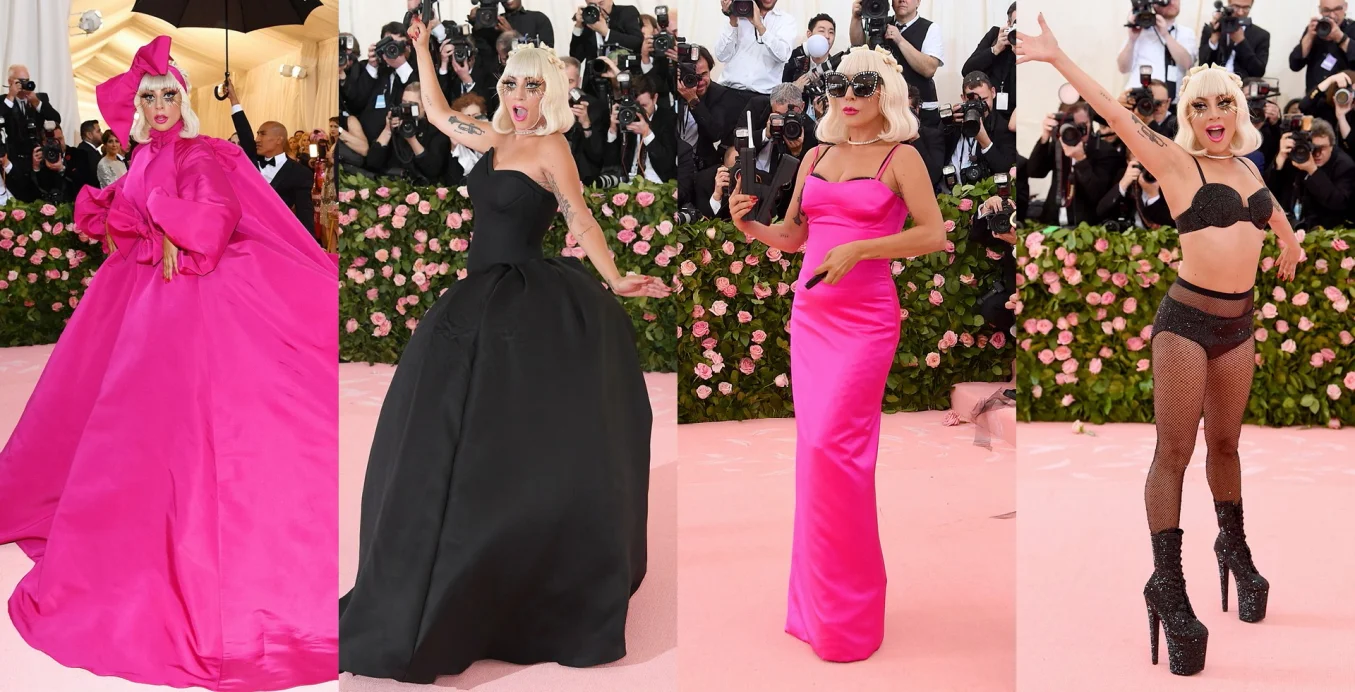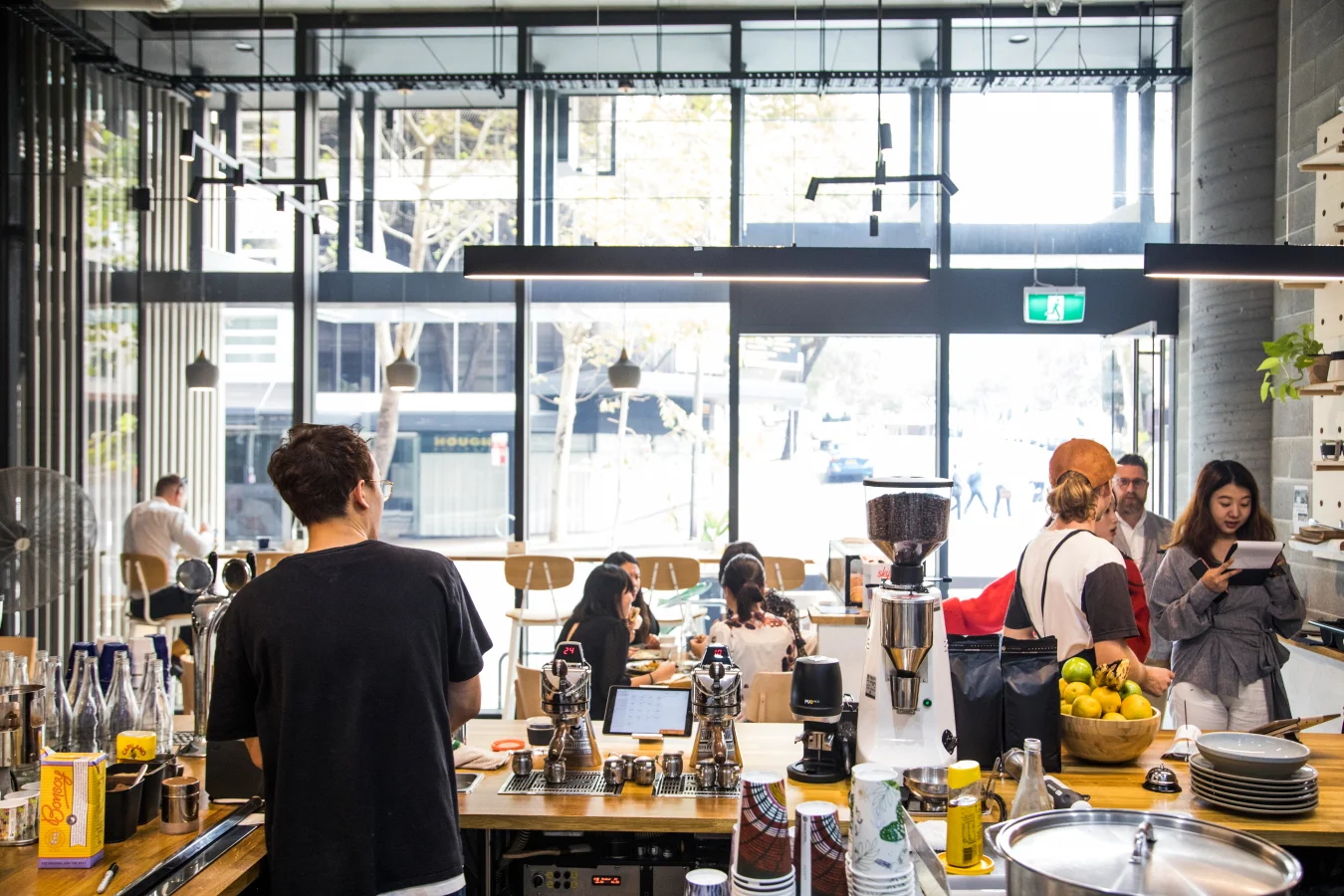Met Gala 2019: A Menagerie of Misunderstanding
On the night of Monday, May 6, the Met Gala took over New York’s iconic Metropolitan Museum of Art, drawing famous faces from fashion, music, film and more for its annual night of turning every average joe into a fashion critic. This year, the theme for what is formally known as the Costume Institute Gala was “Camp: Notes on Fashion” - quite a step outside the box from last year’s “Heavenly Bodies and the Catholic Imagination”.
Andrew Bolton, curator in charge of the Costume Institute, drew inspiration for this year’s theme from famed writer Susan Sontag’s seminal essay, ‘Notes on “Camp”’, published in 1964. The piece explores Camp’s origins in the gaudiness of the 18th century (hello, Versailles) and its core values of theatricalising identity, gender and aesthetics. To translate that to 2019 lingo: just be extra as hell, sis.
And yet … what a disappointment. When the theme is Camp, you really expect attendees to go all out; to take the opportunity to be over-the-top and gaudy and theatrical and extravagant, more so than ever before - yet many attendees disappointingly stuck to the safe route of “a pretty gown” for females and “a nice suit” for males. Let me tell you, I am NOT here for it.
To quote Sontag’s essay: “the essence of Camp is its love of the unnatural: of artifice and exaggeration”. Bolton specifically chose Camp for that very definition: the notion of life as a spectacle and over exaggeration of personality and style, to name a few. In 2019, the age of Instagram and extra-ness and RuPaul’s Drag Race surpassing its tenth season, Camp is a fitting theme. And many Met Gala attendees simply ignored that. Just look at Kim Kardashian, wearing yet another nude, wet-look, hourglass figure-hugging Mugler dress; Nicki Minaj's candy-pink Prabal Gurung mini-dress with a train; or Dakota Johnson wearing what she should've worn to last year's Gala.
Sontag herself confessed “I am strongly drawn to Camp, and almost as strongly offended by it,” admitting that it cannot be taken entirely seriously due to its over-the-top nature and it’s gaudiness. It’s about aesthetics, and that’s where many attendees fell short. Too many chose to look “nice” rather than on-theme. Would I call Dua Lipa in Versace or Hamish Bowles in Maison Margiela Artisanal pleasant? No. Visually arresting? Yes. Camp? Hell yes.
Camp’s devotion to both androgyny (the blending of typical male and female characteristics) and epicenity (the lack of gender distinction) has seen it become a favourite aesthetic in the queer community. It’s no surprise, therefore, that the best looks of the night came from those immersed in the queer community and queer culture. Ezra Miller was a favourite of the night, nailing the exaggeration of personality and jarring aesthetic of Camp in a Burberry skirt-suit hybrid accompanied by a handheld mask and multiple sets of eyes painted on their face. They were closely matched by Lady Gaga, who, with four different Camp looks in one, demonstrated her own brand of theatricality and flair. Special mention must also go to Jared Leto, who wore Gucci and accessorised with a lifelike bust of his own head; Billy Porter dripping in gold by The Blonds and carried in on a litter; Janelle Monae in hats galore by Christiano Siriano; as well as Lupita Nyong'o in Versace, Lizzo in Marc Jacobs and Amy Fine Collins.
It’s absolutely unsurprising that the most underwhelming red carpet looks came from the straight, cisgender community, who remain frustratingly inept when it comes to creativity and flair - Alexander Skarsgård and Shawn Mendes, I’m looking at you, in your plain black tuxedos. Hailey Bieber, since when is a pink, low-back gown anywhere near the idea of Camp? Kendall and Kylie Jenner did better than their older sister, in their matching showgirl-esque, feathered and stoned Versace gowns; yet still fell short of the level of theatricality and exuberance of personality displayed by other attendees.
This year’s Gala has caused a huge hubbub over the general lack of commitment to the theme, and with the more interesting looks debated back and forth over whether or not they can truly be classified as Camp. Is it kitsch enough, or too kitschy altogether? Is there an element of, as Sontag puts it “things-being-what-they-are-not”? Does it take itself too seriously, or too naively? This overanalysis seems to destroy the idea of Camp at its core: as something that is theatrical, irreverent towards gender or the notion of high versus low art, and bursting with personality.
Really, it’s not that hard. Camp, in the purest sense, should be bursting with personality, and this year's Met Gala simply proved that far too many celebrities are so utterly devoid of the stuff. As Sontag concludes, “The ultimate Camp statement: it's good because it's awful . . . Of course, one can't always say that. Only under certain conditions”.
































